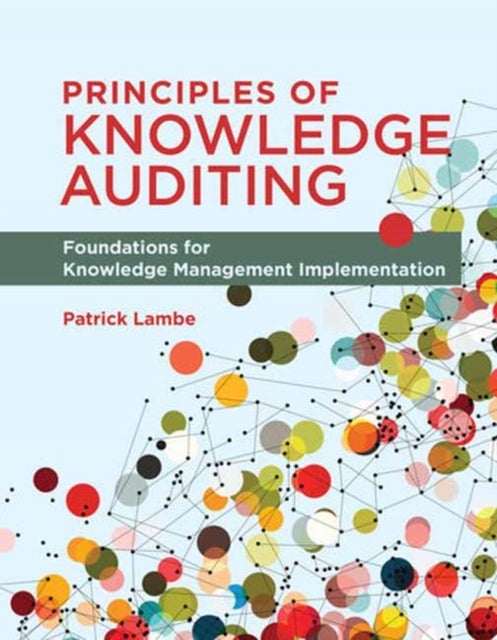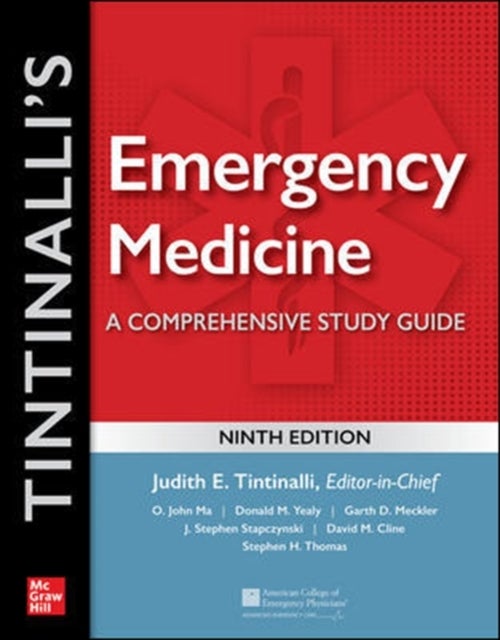
Principles of Knowledge Auditing av Patrick Lambe
503,-
<b>A comprehensive theoretical and practical guide to the operating principles of knowledge auditing, illustrated with numerous case studies.</b><br><br>A knowledge audit provides an “at a glance” view of an organization''s needs and opportunities. Its purpose is to improve an organization''s effectiveness through a better understanding of the dynamics and levers of knowledge production, access, and use. However, this developing field is hampered by the lack of a common language about the origins and nature of knowledge auditing. In <i>Principles of Knowledge Auditing</i>, Patrick Lambe integrates the theory and practices of the field, laying out principles and guidelines for a clearer and more pragmatic approach to knowledge auditing that makes it more accessible to practitioners and researchers.<br><br>Lambe examines knowledge auditing in the context of the development of communications, information, and knowledge management in the twentieth century. He critiques and clar








